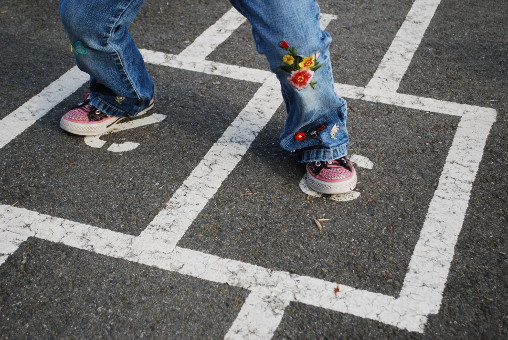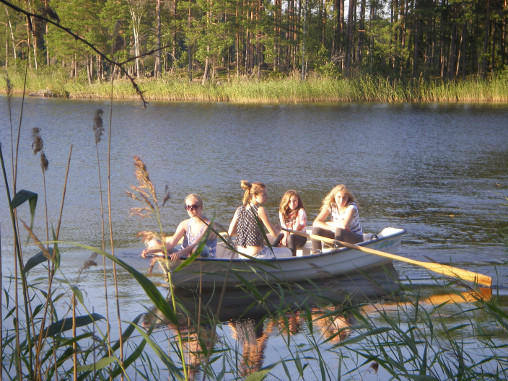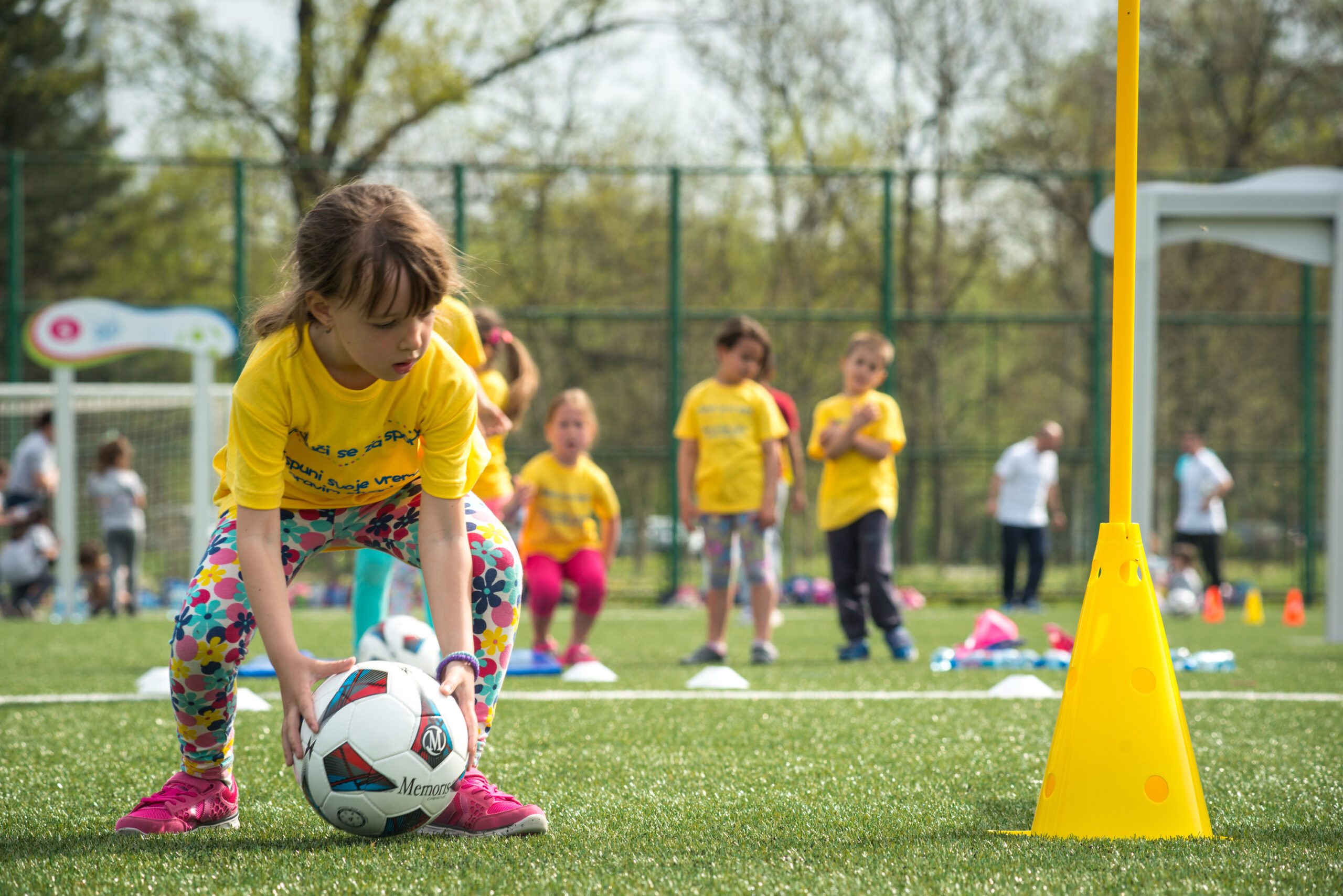In the wake of International Women’s Day, I think it is only right to look at the next generation of women and think about how we are preparing them for the world.
Parenting guru Steve Biddulph puplished Raising Girls last year and claimed that “never before has girlhood been under such a sustained assault”. This should not be the case, surely? In the 21st century?
We are well aware that for women, there is some way to go before real equality but for those who think that it is just a matter of time for girls to ‘come through’, this is not going to be the case if the current onslaught on girls continues. For anyone in any doubt as to current levels of equality, please view this video which succinctly dispels the view that “women are equal now, more or less.”
In his book, Biddulph cites the media of propagating an attitude which prioritises the sexualisation of young girls and communicating a message that their bodies are more important than their brains. A culture of ‘not being good enough’ pervades the minds of young girls and imposes on them increasing pressure to be perfect.
There seems to be a paradox in culture today about how one should be a girl and it seems that whilst the aspirations for and expectations on young women today are higher (not necessarily a bad thing), they are supposed to master ‘girl’ things first and anything else is an extra. In order to be considered equal they must be perfect. If they are to be successful, financially independent, self-sufficient, confident leaders, they are also expected to have mastered the domestic sphere, be attractive and witty and thin, be supportive and caring and loving. If their skills fall only in the first category, somehow they are unfeminine and lesser women, if they are only adept in the second category they become ‘only’ women.
In a world of shifting and fluid identities and uncertainties it seems that certain stereotypes have become entrenched. In a world where everything is reduced to a marketable commodity or a snappy headline, gender has become an oversimplified set of opposites: pink versus blue, dolls versus trains, domesticity versus CEO, support versus leadership, family versus career, athlete versus well groomed etc. These positions help neither women nor men in understanding and respecting each other and these dichotomies are never more prominent than in children and baby shops. But it is not just about the things that you buy, there are many ways of influencing and inspiring young girls that they have a choice. They can be an athlete AND enjoy baking; they can be caring AND assertive, they can enjoy playing with dolls AND trains. Let us widen their worlds and encourage confidence in their choices:

Encourage confidence: Girls need to develop the confidence to express their opinions and disagree in a constructive way. This week has seen the rise of the twitter campaign to ban the word “bossy” due to the idea that boys showing the same behaviour are often considered ‘leaders’. There has been a mixed reaction to the campaign but despite discussions over the semantics of the word and whether or not this is gendered, one thing is clear: girls need to be able to express their opinions articulately, inspire others as leaders and enlist other’s support.
One important aspect of confidence is the development of resilience. There will be knock backs in life and it is the ability to try again which is such a feature of any successes. Typically, girls blame themselves more than considering failures to be their fault but successes a result of external factors1 such as ‘luck’ rather than hard work and design. Internalising and punishing themselves for these ‘faults’ is not going to help girls get up, dust themselves down and look toward the next venture with the benefit of what they have learnt. Encourage children to reflect on things that haven’t worked and ask them: ‘How would you do it differently next time?’ Remember that children need to develop the processes to be able to do this so focus and praise that rather than the product and end result.
Be a role model. Research has shown that newborn girls are excellent mimics within hours of birth and, in this experiment, did better than boys at copying finger movements2. Think carefully about what they might mimic from you, their parent and role model. How do you discuss issues such as weight in front of them? How do you show these attitudes towards food? Do you show them how to do a range of tasks from cooking and cleaning to physical tasks and DIY? We can’t all do everything (I know my DIY skills would probably electrocute me and cut off the power the whole street!) but be aware of what you are showing your baby girl how she should behave through copying your behaviour.

Encourage hobbies and interests. This is different to scheduling every hour of free time with activities and extracurricular lessons but hobbies can give your child a passion and develop motivation, determination and confidence. It can be something that makes them happy at the end of a long day and can put into perspective the difficulties of the day. Don’t assume that their interests will be the same as yours but at the same time some hobbies can be great to spend time as a family. Despite having been a grown up for many years, Sunday lunch with my family is always followed by a competitive game of tennis altogether!
Give girls choices. Don’t necessarily presume that you know what girls like and only provide them with stereotypical toys. Yes they may end up becoming obsessed with princesses and pink and these can be educational too, but don’t presume that they won’t therefore like playing football or building LEGO forts too. Think about encouraging a range of activities with a range of educational value.
Think about how much exposure to media and popular culture girls have and how to manage those messages. As all children grow, they are constantly looking at messages from the world around them telling them how they should ‘be’. The overwhelming messages which girls are bombarded with focus on ideas of perfection they can never meet. They also become aware of greater and greater levels of objectification where their bodies are used to sell products and accommodate boys’ desires. Encourage girls to read the messages and see how reality is manipulated with editing and airbrushing. Whilst removing all exposure to these things is unrealistic and doesn’t allow girls to learn to manage them, it can be limited to a certain extent.

















